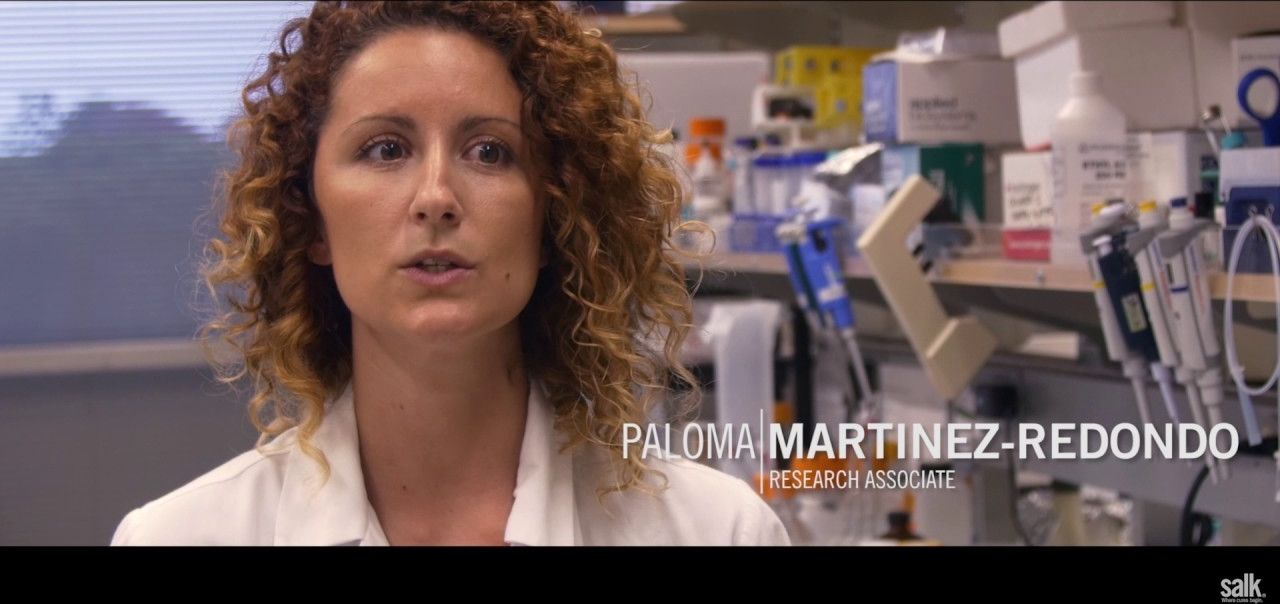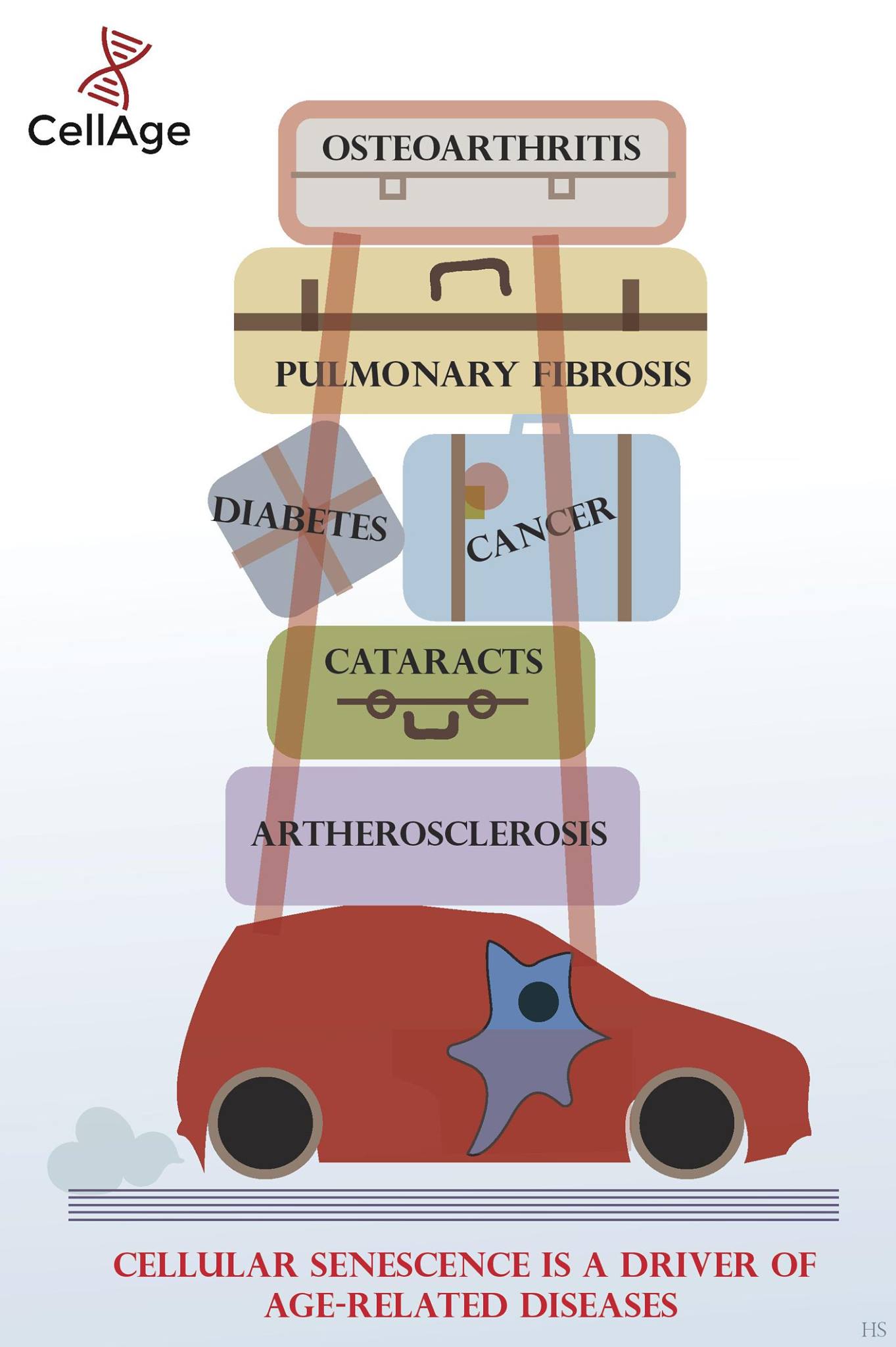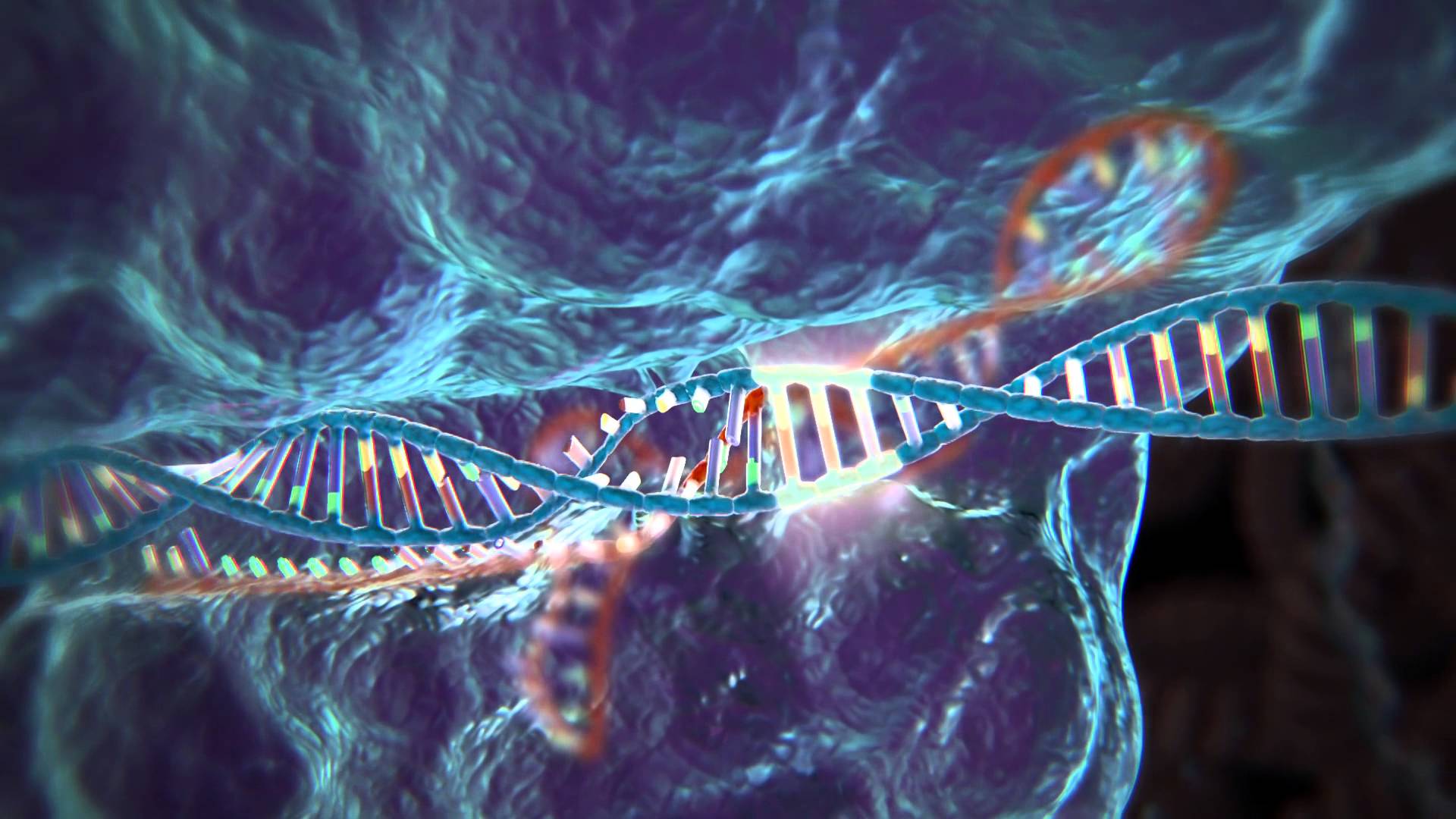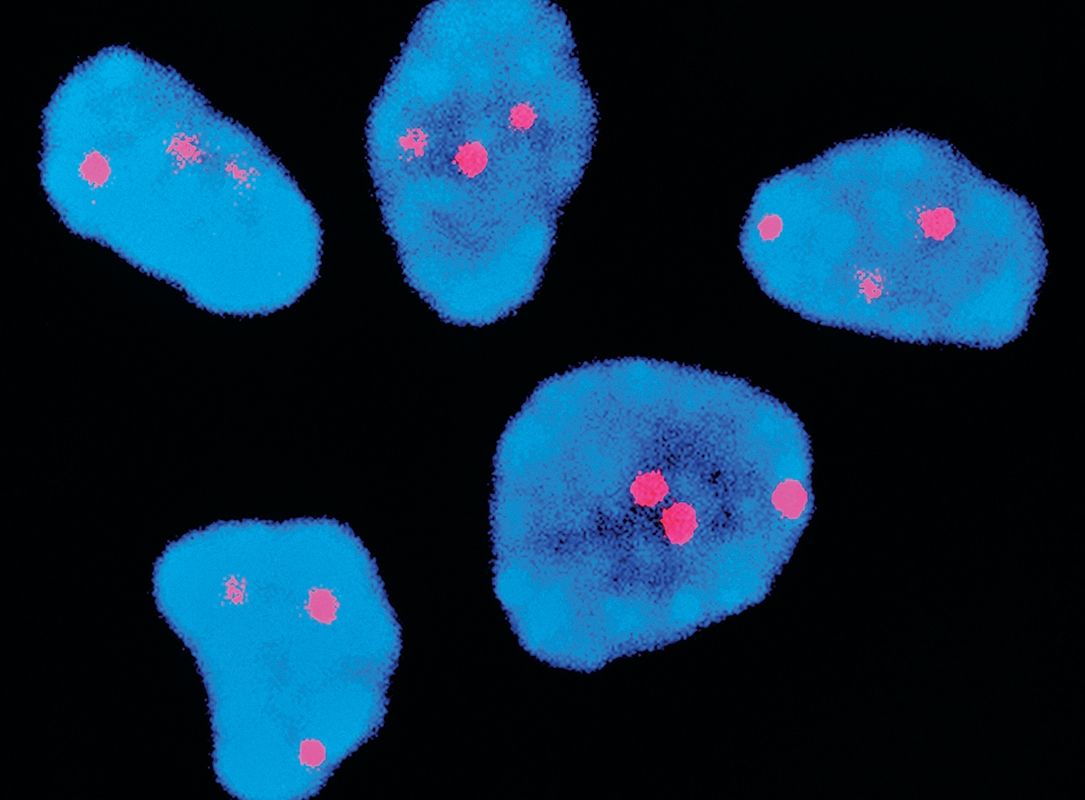Archive for the ‘biotech/medical’ category: Page 2464
Feb 2, 2017
How we can finally win the fight against aging
Posted by Montie Adkins in categories: biotech/medical, computing, life extension

I really wanna know why people don’t get this.
For more information on Aubrey de Grey, please visit our website www.tedxmuenchen.de
Continue reading “How we can finally win the fight against aging” »
Feb 1, 2017
China’s Already Tested CRISPR on A Human, and the U.S. Is Next
Posted by Shailesh Prasad in category: biotech/medical
Feb 1, 2017
Salk scientists reverse signs of aging in mice
Posted by Dan Kummer in categories: biotech/medical, life extension

Scientists at the Salk Institute have found that intermittent expression of genes normally associated with an embryonic state can reverse the hallmarks of old age. This approach, which not only prompted human skin cells in a dish to look and behave young again, also resulted in the rejuvenation of mice with a premature aging disease, countering signs of aging and increasing the animals’ lifespan by 30 percent. The early-stage work provides insight both into the cellular drivers of aging and possible therapeutic approaches for improving human health and longevity.
http://www.salk.edu/news-release/turning-back-time-salk-scie…gns-aging/
Feb 1, 2017
Clinic claims it has used stem cells to treat Down’s syndrome
Posted by Shane Hinshaw in category: biotech/medical
A clinic in India says it has used stem cells to treat Down’s syndrome in up to 14 people, but the announcement has alarmed independent researchers.
Feb 1, 2017
Yale study: Fusion of tumor cells, white blood cells may help cancer spread
Posted by Karen Hurst in category: biotech/medical
NEW HAVEN A Yale Cancer Center researcher and his team may be closer to understanding how cancers spread throughout the body, according to a release from Yale University.
Feb 1, 2017
Revolutionary approach for treating glioblastoma works with human cells
Posted by Karen Hurst in categories: biotech/medical, neuroscience
Finally, maybe hope for GBM patients.
In a rapid-fire series of breakthroughs in just under a year, researchers at the University of North Carolina at Chapel Hill have made another stunning advance in the development of an effective treatment for glioblastoma, a common and aggressive brain cancer. The work, published in the Feb. 1 issue of Science Translational Medicine, describes how human stem cells, made from human skin cells, can hunt down and kill human brain cancer, a critical and monumental step toward clinical trials — and real treatment.
Last year, the UNC-Chapel Hill team, led by Shawn Hingtgen, an assistant professor in the Eshelman School of Pharmacy and member of the Lineberger Comprehensive Care Center, used the technology to convert mouse skin cells to stem cells that could home in on and kill human brain cancer, increasing time of survival 160 to 220 percent, depending on the tumor type. Now, they not only show that the technique works with human cells but also works quickly enough to help patients, whose median survival is less than 18 months and chance of surviving beyond two years is 30 percent.
Continue reading “Revolutionary approach for treating glioblastoma works with human cells” »
Feb 1, 2017
Scientists show deep brain stimulation blocks heroin relapse in rats
Posted by Karen Hurst in categories: biotech/medical, neuroscience
Scientists at The Scripps Research Institute (TSRI) have found that deep brain stimulation (DBS) can greatly reduce the compulsion to use heroin in standard rat models of addiction.
Rats that were used to taking heroin, and normally would have self-administered more and more of the drug, did not escalate their intake when treated with DBS.
The treatment involves the weak electrical stimulation, via implanted electrodes, of a brain region called the subthalamic nucleus.
Continue reading “Scientists show deep brain stimulation blocks heroin relapse in rats” »
Feb 1, 2017
Mapping the Brain Before Surgery for Epilepsy
Posted by Karen Hurst in categories: biotech/medical, neuroscience

https://youtube.com/watch?v=eEHVS0URsWE
Great method btw.
Epilepsy is the fourth most common neurological disorder in the United States. Patients who have it are of all ages and it can seriously limit one’s ability to enjoy life. It’s a spectrum disorder which means the kinds of seizures people suffer and how they are managed will vary depending on the patient. Currently about 3 million people in the US are living with epilepsy and experts predict that at least 1 in 26 people will develop epilepsy at some point in their lifetime. While epilepsy is most often treated with anti-seizure medication, there are some patients who have not benefitted from medication. This form of the disorder is called drug-resistant epilepsy and can be very difficult to treat.
Continue reading “Mapping the Brain Before Surgery for Epilepsy” »
Feb 1, 2017
Is There a Link Between Diabetes and Pancreatic Cancer?
Posted by Karen Hurst in category: biotech/medical
Certainly explains patterns in certain families.
TUESDAY, Jan. 31, 2017 (HealthDay News) — Developing or worsening type 2 diabetes could be an early sign of pancreatic cancer, new research suggests.
Researchers analyzed data from nearly a million patients with type 2 diabetes or pancreatic cancer in Italy and Belgium. Half of all pancreatic cancer cases were diagnosed within a year of patients being diagnosed with diabetes, the findings showed.
Continue reading “Is There a Link Between Diabetes and Pancreatic Cancer?” »














